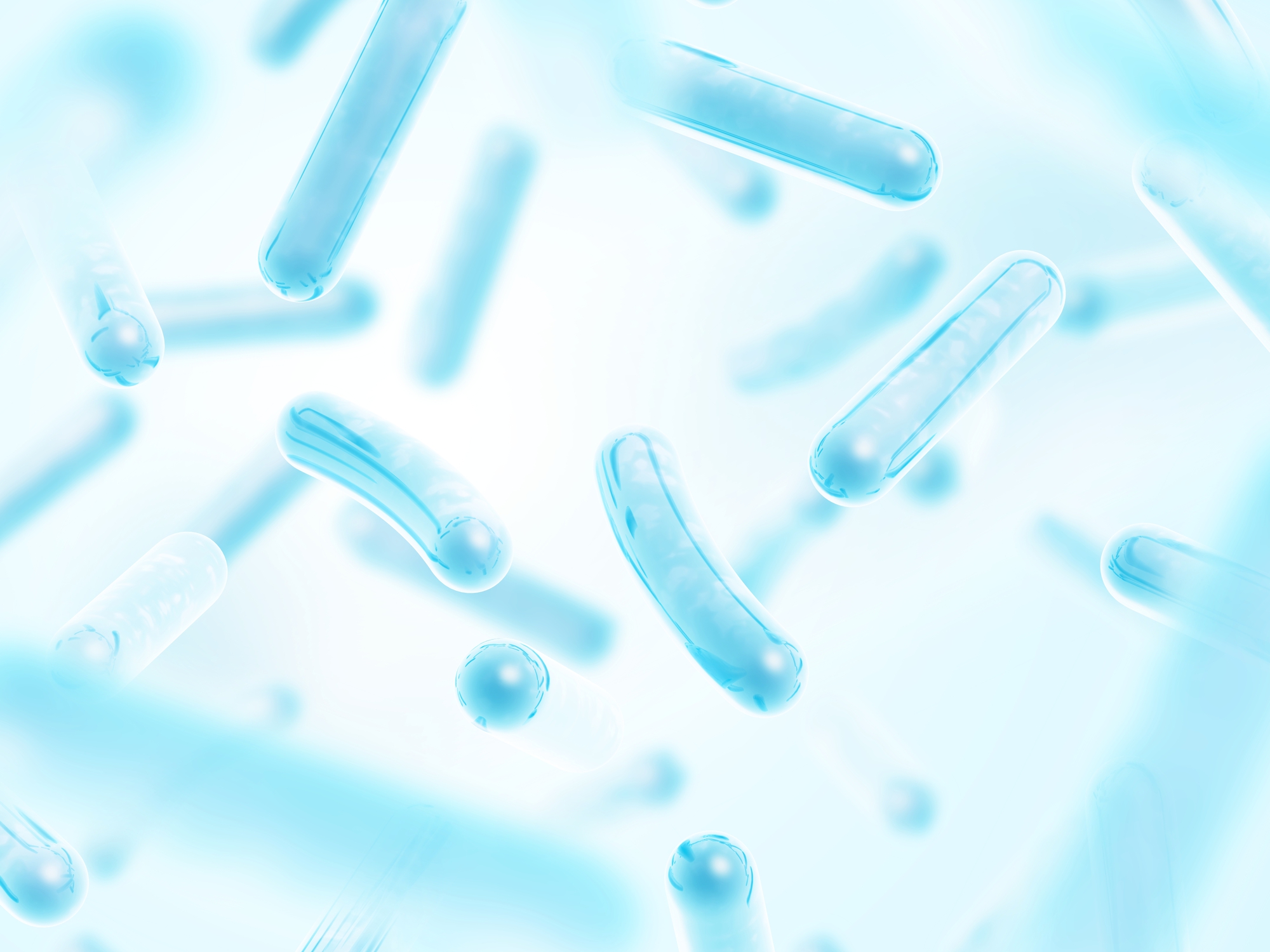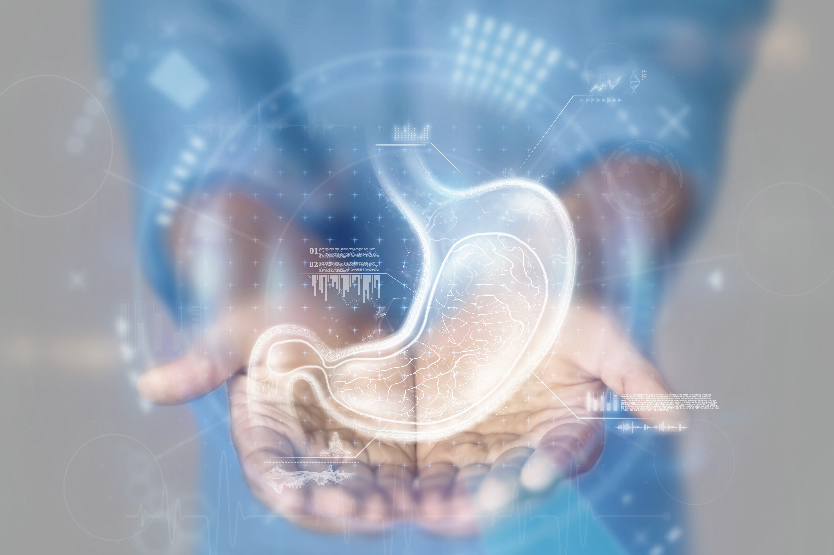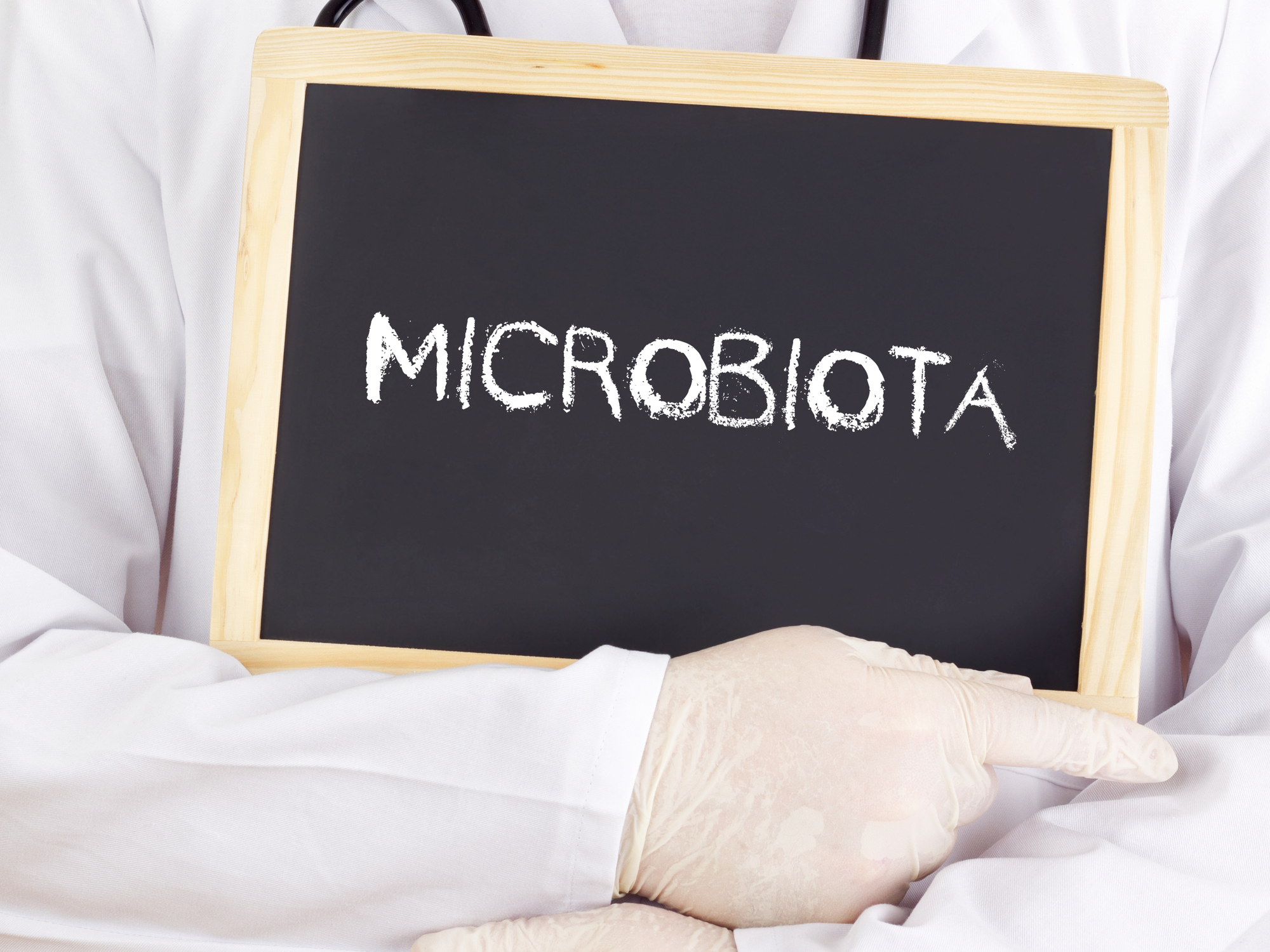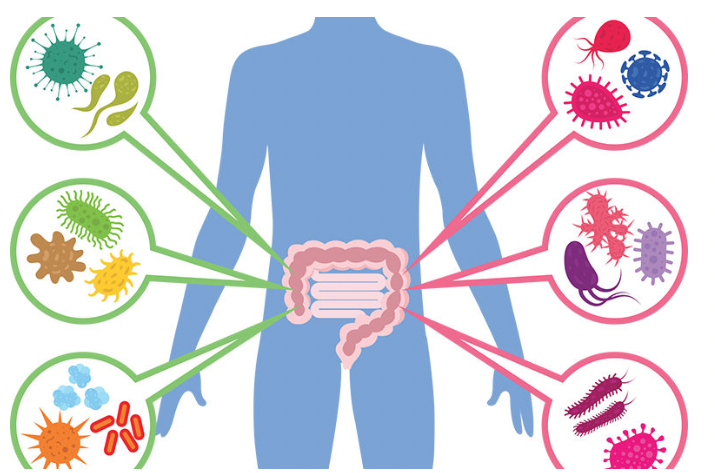Dispelling Common Myths and Misconceptions of Probiotics
With so many probiotics on the market now, it can be confusing as the best one to choose. Additionally, there are so many myths and misunderstandings associated with probiotics. How do practitioners know which ones to recommend for specific health benefits? Here are common myths and guidance that can beRead











